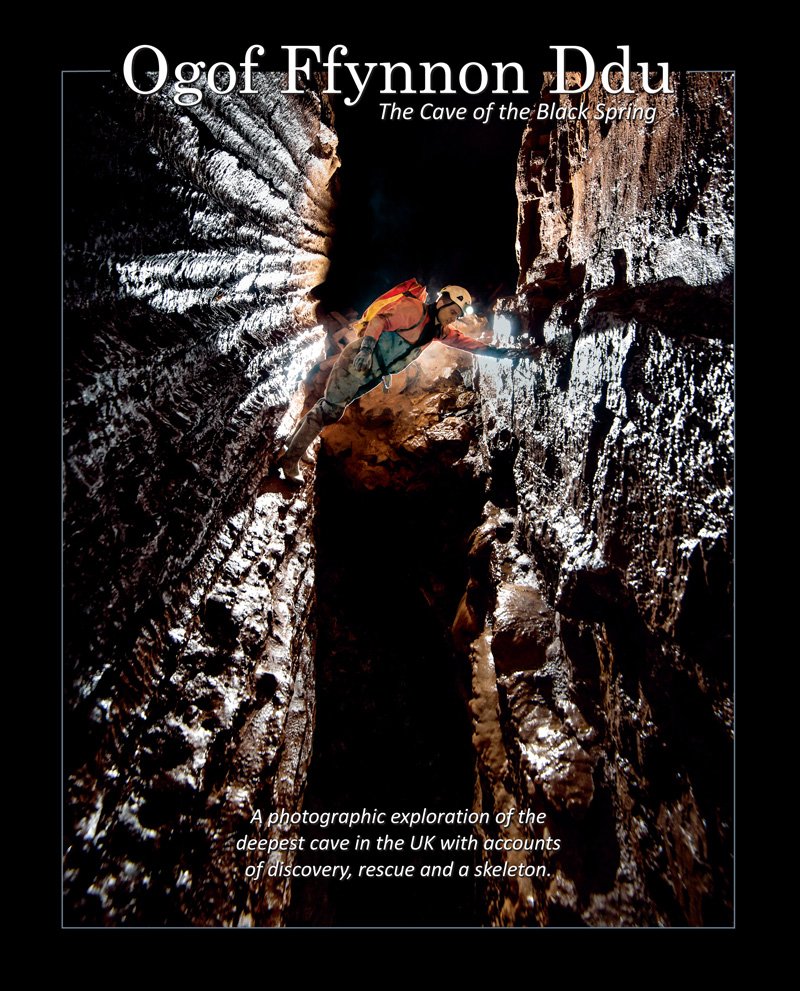PeteHall
Moderator
Not sure why this has never occurred to me before, but I had a genius idea tonight and thought I'd share it in case it helps anyone else.
As I was sorting some kit, I was just about to throw away an old diving pressure gauge that's so scratched that it is impossible to read the numbers. I lent back on my heels to stand up, and my eyes fell upon a pot of T-cut on the shelf. Worth a shot, I thought.
Well, after a few minutes work, the lens on the gauge looked like new! I can even read the numbers without my glasses now!
Next on my list was a rather scratched old Petzl Duo. I always used to say that the cheapest upgrade for a Duo was a new lens; it doubles the brightness straight away and only costs a few pounds. But it turns out that T-cut will restore a scratched Duo lens in minutes too, saving a few quid and a bit of landfill.
I'm no chemist, but I'm pretty sure that this will work for most clear plastic lenses. It's probably a good idea to use the neutral colour though, unless you want some funky lighting effects!
As I was sorting some kit, I was just about to throw away an old diving pressure gauge that's so scratched that it is impossible to read the numbers. I lent back on my heels to stand up, and my eyes fell upon a pot of T-cut on the shelf. Worth a shot, I thought.
Well, after a few minutes work, the lens on the gauge looked like new! I can even read the numbers without my glasses now!
Next on my list was a rather scratched old Petzl Duo. I always used to say that the cheapest upgrade for a Duo was a new lens; it doubles the brightness straight away and only costs a few pounds. But it turns out that T-cut will restore a scratched Duo lens in minutes too, saving a few quid and a bit of landfill.
I'm no chemist, but I'm pretty sure that this will work for most clear plastic lenses. It's probably a good idea to use the neutral colour though, unless you want some funky lighting effects!



